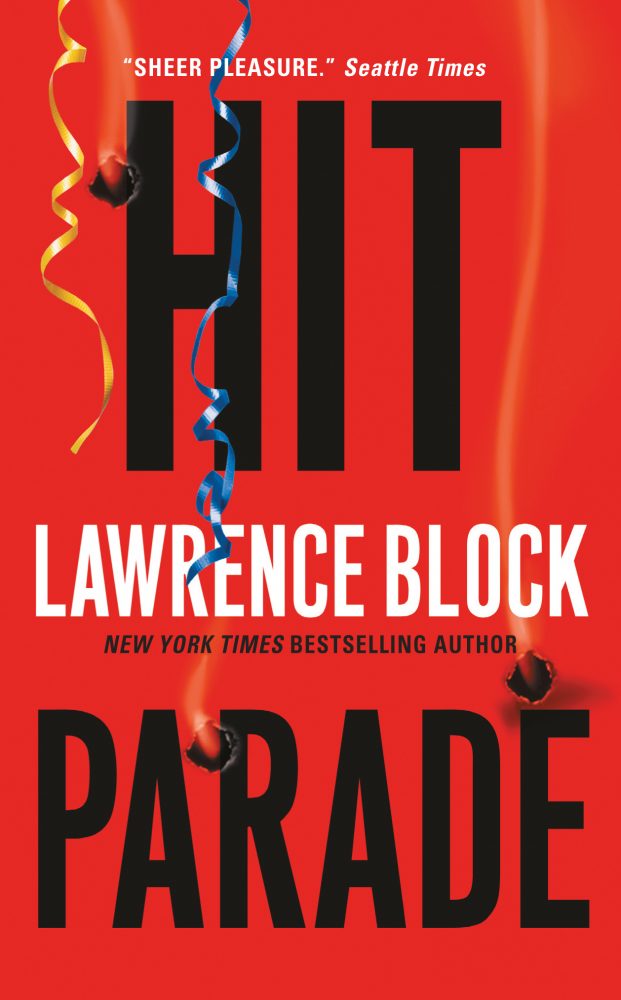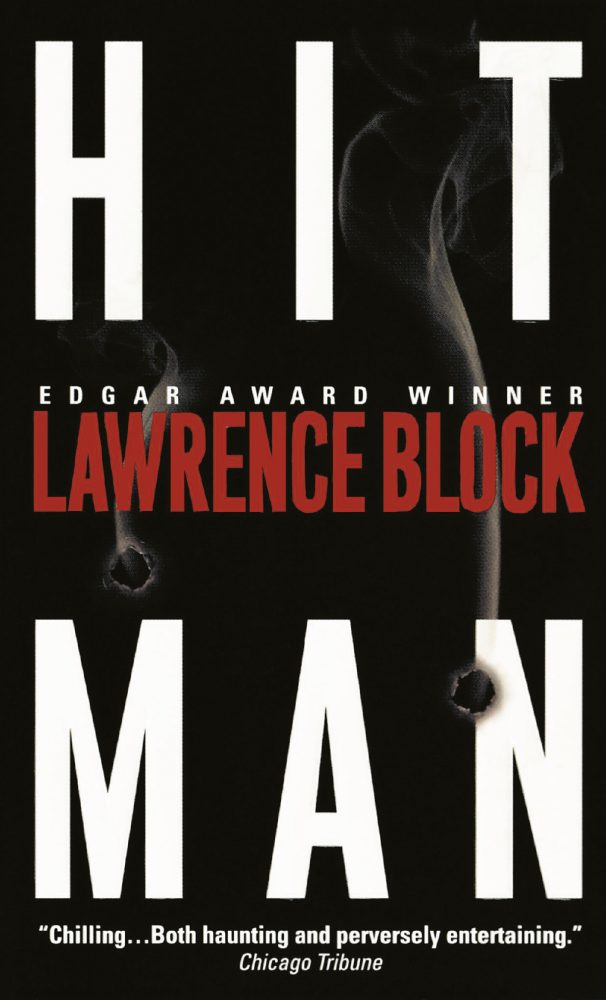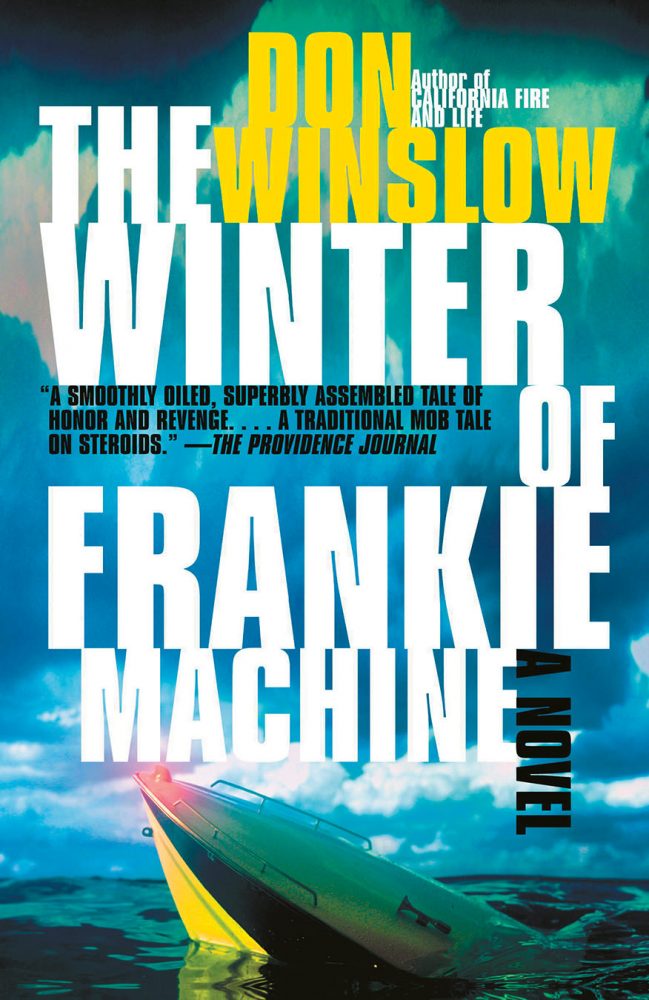Readers can’t seem to get enough of murderers. One could argue that we want crime fiction to help us make sense of a senseless world. We love to read about moody private detectives who’ve created their own moral universes and patrol them with extreme prejudice. But in the teeming world of crime fiction there is a small subset of crime writers whose protagonists inhabit a realm beyond the moral pale, in the furtive world of fictive paid assassins. And these amoral anti-heroes make for some of the best reading of all.
Two of the best crime writers have created killers who aren’t so different from the detectives whose job it is to catch them. Lawrence Block, named a Grand Master by the Mystery Writers of America in 1994, is the author of dozens of novels featuring several much-loved detectives. But in his Hit Man series (Hit Man, Hit List, Hit Parade and Hit and Run), we are introduced to a hired assassin referred to only as Keller. Keller is methodical and efficient. He’s cold-blooded. And he collects stamps. The Keller mysteries are some of the most entertaining and tightly plotted in Block’s oeuvre.
Don Winslow also writes some of the most vivid and violent contemporary American crime fiction. His beat includes California surfers and the Mexican mafia, but in The Winter of Frankie Machine, he turns his gaze to the Italian-American mob. Frankie Machianno, known in his old life as Frankie Machine, is a retired hitman and very busy guy.
At 63, Frankie has found himself with second, third and fourth careers. He’s the much loved bait guy on the local wharf, he sells fresh fish to a variety of restaurants and he runs a linen supply business. He also tends to the needs of his demanding ex-wife, his former-showgirl-turned-boutique-owner girlfriend, and his daughter, who is off to medical school. Frankie is a sensitive lover and, in fact, a sensitive guy. He’s a terrific cook who thinks nothing of going to several stores to find the best ingredients for a single dish. He also belongs to a group of aging surfers who hit the waves every morning. He’s obviously a man with a demanding schedule. But he gets even busier after he narrowly survives a hit ordered by parties unknown and goes into hiding to begin the tangled process of trying to figure out who, out of a long list of possible suspects from his past, might want him dead. In so doing, he revisits his career as a legendary hired gun and reveals himself to be even more soulful and sympathetic than his approach to fresh food implies.
Though very different characters, the protagonists of both books are utterly compelling. Keller is as isolated as Frankie is gregarious. Keller’s most frequent human contact comes from his booking agent, Dot, a late middle-aged New Jersey matron who arranges his jobs and talks him through the many troubles that arise. When Keller does find a little companionship, in the form of a dog or a girlfriend, it tends not to end well for anyone. Oddly, one feels worse for Keller than for any of his targets. His loneliness and self-containment have an appealing universal quality, as does Frankie Machine’s compulsive caretaking of friends and family. As for their jobs, well, don’t we all make compromises in our quest to make a living?
The sheer practicality of a hit man’s job as documented in these books is breathtaking. Yes, being an assassin isn’t an ideal gig, and some sensitive readers might be left wondering what is wrong with the many who find all of this so enormously entertaining. Certainly, there’s a mystery (or several) in each of these men’s lives and by the end of each tale, some sort of order has been established. But we’d hate to see them served with an eye-for-an-eye style justice or, heaven forbid, wind up in prison. Somehow it’s a great comfort to know that even stamp-collecting hit men get the blues and that legendary mafia hit men put their guns in their holsters barrel first, just like everybody else.











